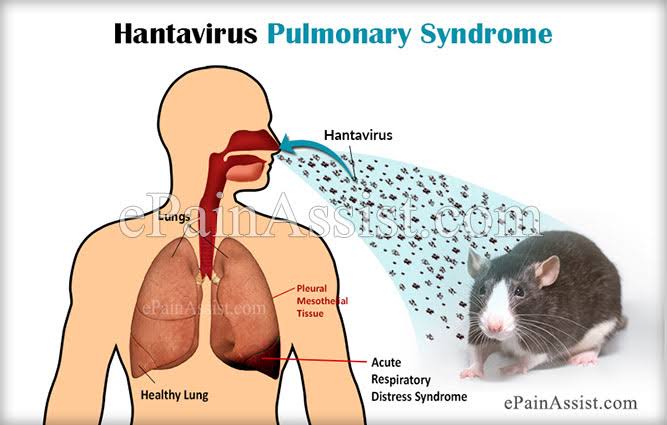Chinese state media has reported a person dying of a virus called Hantavirus today. The news has spread panic when the world is already fighting the novel coronavirus. Coronavirus has already killed over 16000 people and the outbreak is not under control as of yet.
The news spread like wildfire and has become the top trend on Twitter after tweet by Chinese state media. However, do not panic as this virus is not new. Infact, it has been around for decades and is pretty well known.

Chinese state media company, Global Times reported the following:
“A person from Yunnan Province died while on his way back to Shandong Province for work on a chartered bus on Monday. He was tested positive for hantavirus. Other 32 people on bus were tested.”
The news has since become the number 1 trend on Twitter with thousands of tweets discussing the death from Hantavirus.
So what is Hantavirus and how does it spread? Some people are thinking of it as a new virus but it is not new. United States National Center For Biotechnology Information (NCBI) states that this family of viruses has 21 species. The virus has its roots in Korea when it was discovered to cause fever near the villages of Hantan River in 1978.

In 1981, a new genus termed as “hantavirus” was introduced in the Bunyaviridae family, which included the viruses that cause hemorrhagic fever with renal syndrome (HFRS). Center for disease control (CDC) also states that the virus is mainly spread by rats. Anyone coming in contact with remains or fecal matter of rats can contract the virus.
“Hantaviruses in the Americas are known as ‘New World’ hantaviruses and may cause hantavirus pulmonary syndrome [HPS],” CDC says. “Other hantaviruses, known as ‘Old World’ hantaviruses, are found mostly in Europe and Asia and may cause hemorrhagic fever with renal syndrome [HFRS].”
Here are the symptoms of someone contracting Hantavirus. At first, the person will experience severe fatigue, fever and sore muscles. After a few days, this will convert into fever, nausea, diarrhea and stomach pain. So, there is no need to panic from the news of Hantavirus and we should all take due precautions of coming in contact with any rodent related remains or fecal matter.


